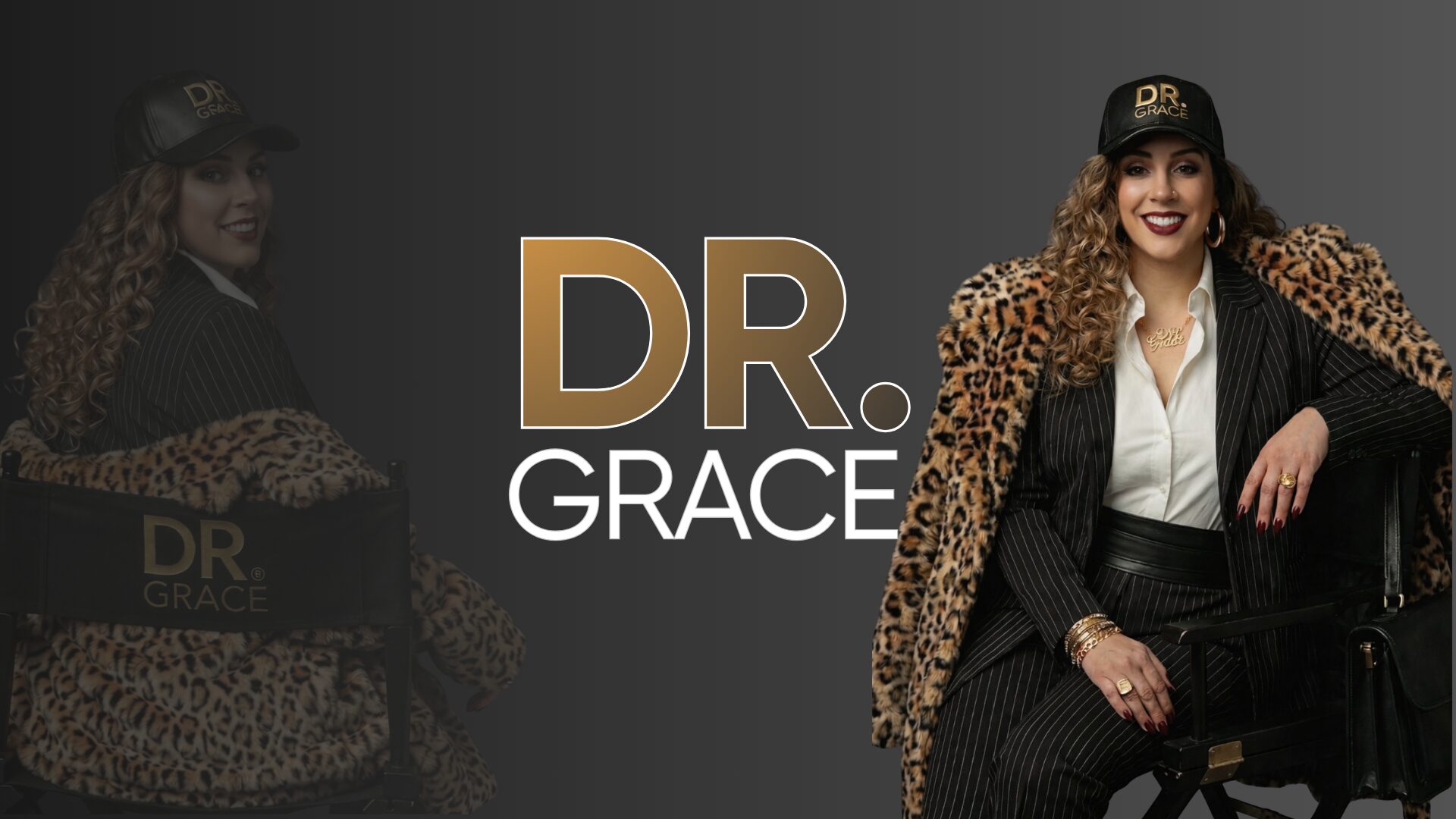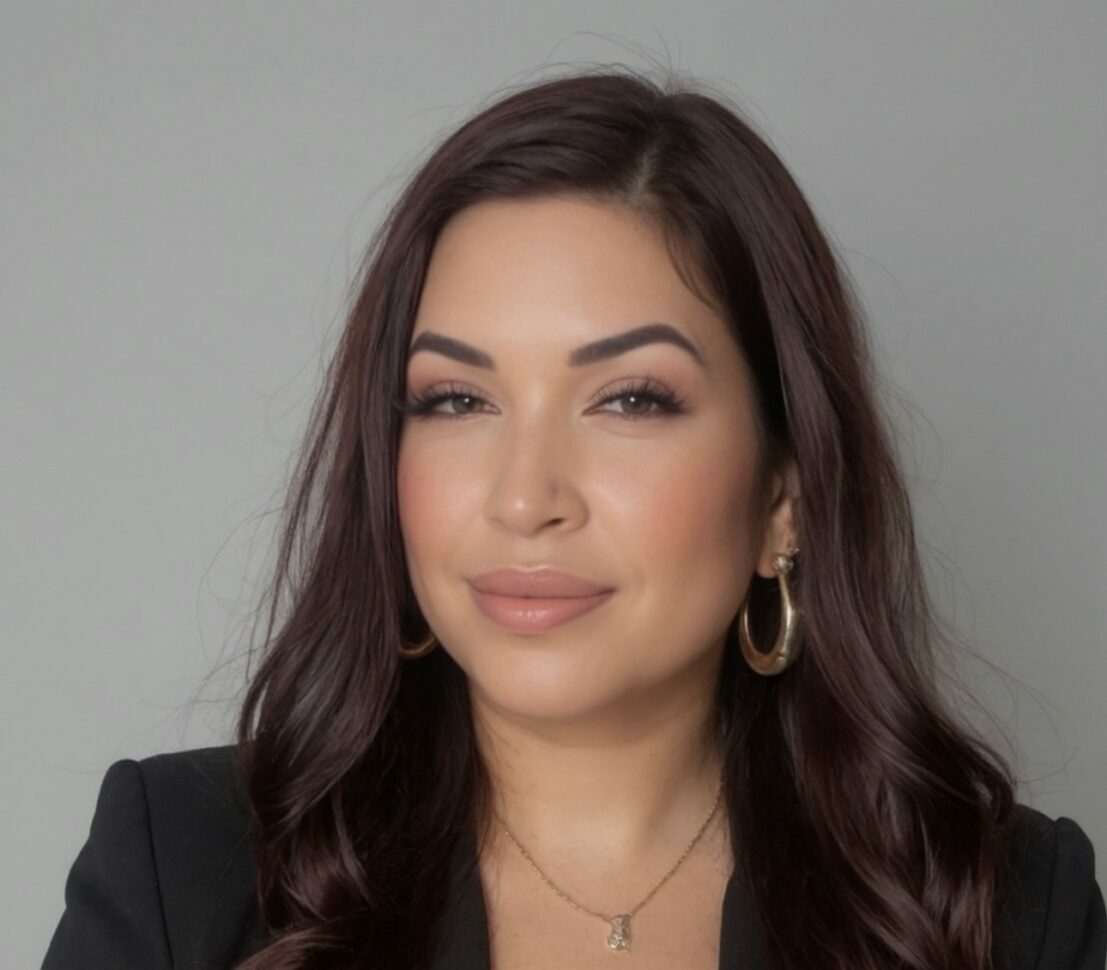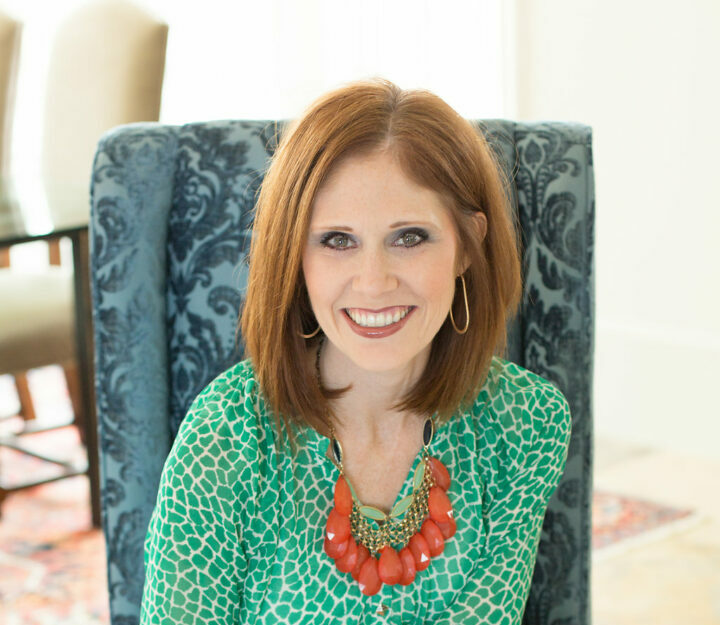We were lucky to catch up with Dr. Danelle Devi Hollenbeck recently and have shared our conversation below.
Dr. Danelle, we’re thrilled to have you on our platform and we think there is so much folks can learn from you and your story. Something that matters deeply to us is living a life and leading a career filled with purpose and so let’s start by chatting about how you found your purpose.
There are many ways I found my purpose. Traveling the world and helping in countries. There’s something transformative about experiencing different cultures while also contributing to communities. The perspective you gain from seeing diverse ways of life, combined with the fulfillment of helping others, creates a rich and purposeful existence. Combining international travel with service to others represents a profound and impactful purpose. This path allows you to expand your worldview while making meaningful contributions to communities facing various challenges.
While I was taking this path, it helped to offer significant personal growth through cross-cultural understanding and the development of adaptability. My professional skills enhancement occurred naturally as I applied my expertise in diverse, often resource-constrained environments. The meaningful impact one can have on communities facing challenges provided me with profound fulfillment.
I felt most fulfilled in my private practice helping my clients work through their trauma and helping my Jewish community. Helping clients work through trauma while supporting the Jewish community combined deep personal impact with cultural connection and meaning. Trauma work is especially significant because you’re helping people at their most vulnerable moments, supporting them through healing journeys that can transform their lives. This kind of work requires exceptional empathy, presence, and skill—qualities I clearly value and have cultivated.
My connection to the Jewish community adds another dimension of purpose, linking my professional work to cultural heritage and community wellbeing. I find that serving within the cultural or religious community creates a sense of belonging and continuity that enriches their sense of purpose. The October 7th Massacre in Israel has held a deep connection and drawn my attention to bringing our hostages home and makes me fight to help this cause on a daily basis.
The October 7th attack and its aftermath have deeply affected me. When events connect so personally to my communities and values, they can powerfully shape or reinforce anyone’s purpose. My commitment to helping bring the hostages home shows how my purpose often emerges at the intersection of personal identities, professional skills, and response to critical needs in my community
My core values and strengths are diversity, honesty, dependability, kindness, love of learning, bravery, helping others, forgiveness, gratitude, and my faith. My commitment to helping trauma clients reflects my values of kindness, forgiveness, and helping others. They involved my dedication to my Jewish community which connects to my faith and sense of gratitude. My advocacy for hostages which demonstrates my bravery and dependability, and my professional practice which incorporates my love of learning and honesty for my clients and healing trauma.
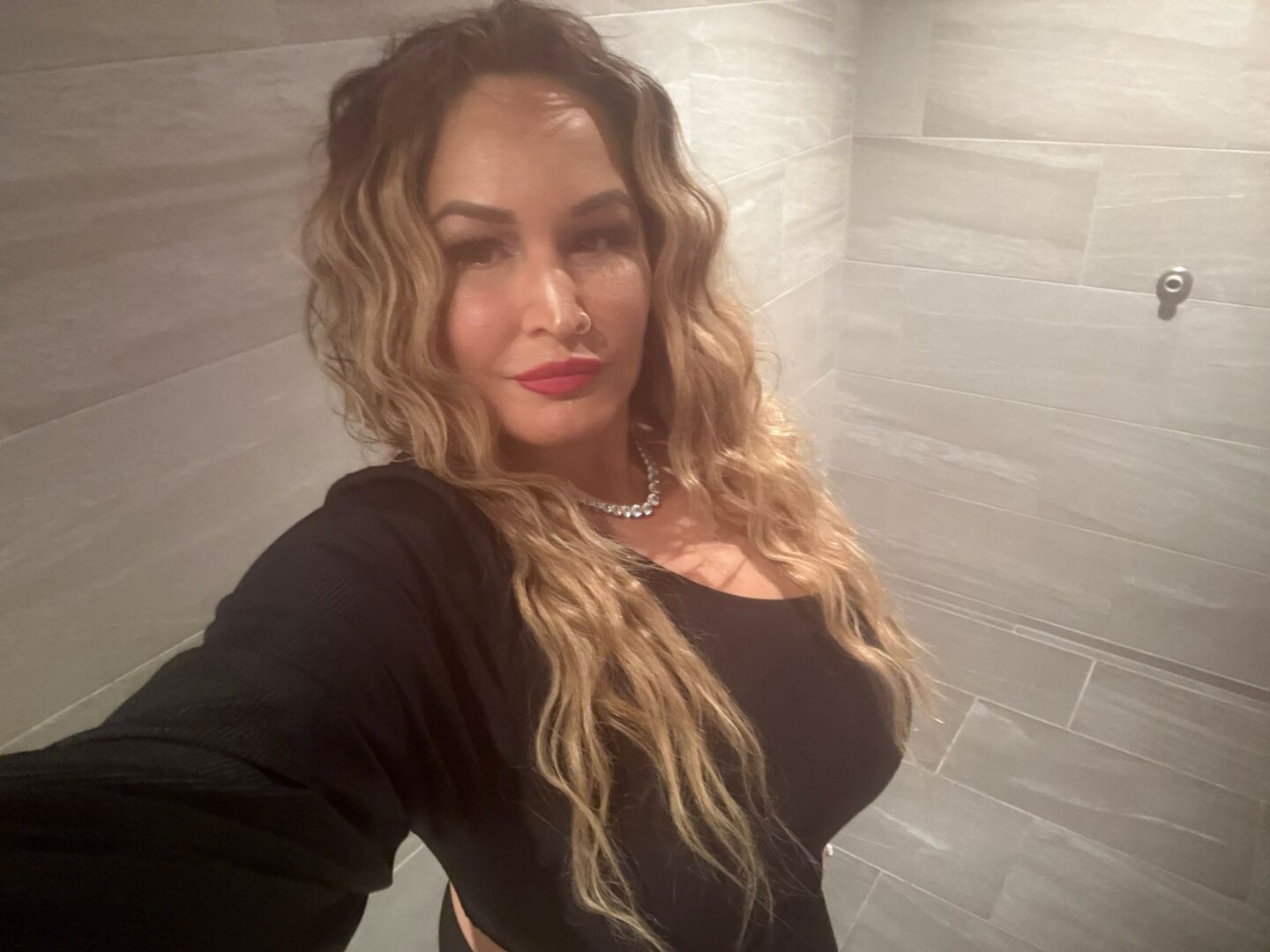
Appreciate the insights and wisdom. Before we dig deeper and ask you about the skills that matter and more, maybe you can tell our readers about yourself?
I have a private therapy practice in Dunedin called “The Trauma and Anxiety Center of Tampa”. I am also an Instagram influencer promoting mental health awareness, biosound healing therapy, EMDR, and couples therapy. I am known as “The Happy Couples Expert!”. I see client’s in my office for trauma and couples work. Outside of the office I am working on creating reels for my Instagram account and also promoting other people’s products on IG.
What I find most rewarding is helping people heal and also my work in the Jewish community since the October 7th massacre and working with the family’s. I also enjoy using my creative side to create posts and help other people in my line of work advance in their practice settings.
I love the conversations I have with client’s when they end therapy and have healed. I enjoy working with couples and helping them reignite their connection. It is my passion to help victims of trauma to become whole again.
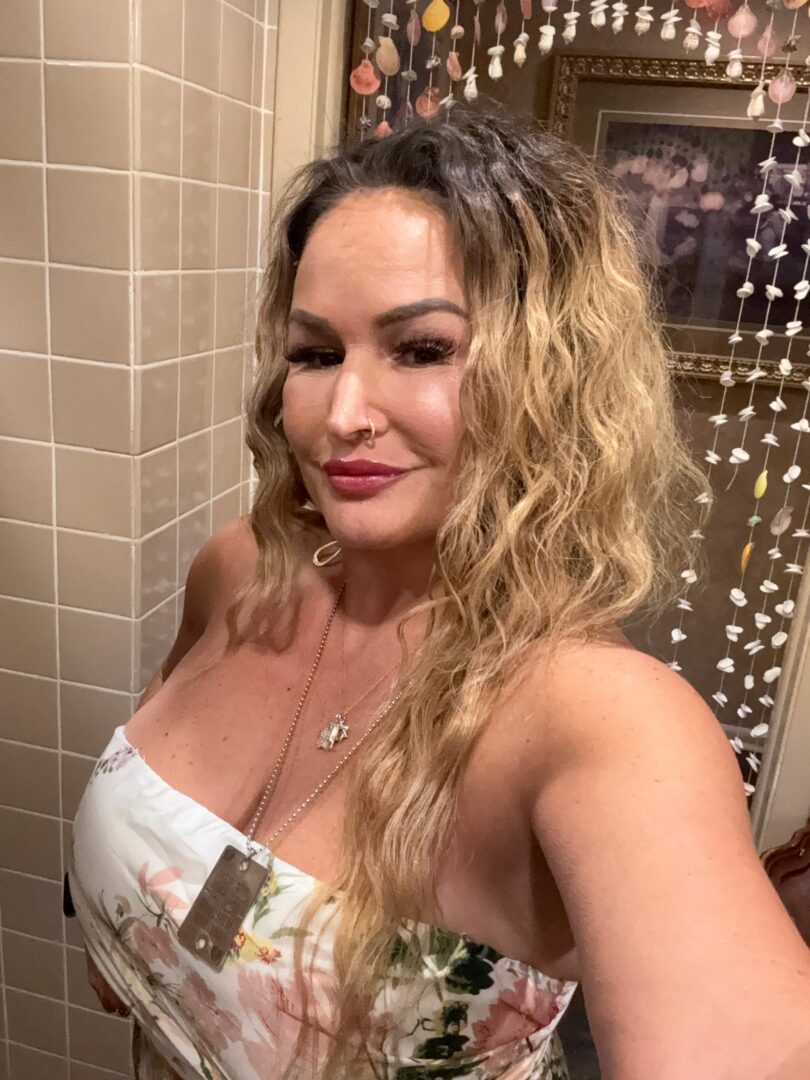
Looking back, what do you think were the three qualities, skills, or areas of knowledge that were most impactful in your journey? What advice do you have for folks who are early in their journey in terms of how they can best develop or improve on these?
Throughout my career spanning over 18 years working as a mental health professional in both the United States and United Kingdom, I’ve had the privilege of helping countless individuals overcome trauma, anxiety, depression, and relationship challenges.
Looking back, three qualities have proven most impactful in my professional journey:
1. Specialized Expertise in Trauma Treatment
The development of specialized expertise in trauma treatment has been fundamental to my effectiveness as a therapist. Through dedicated training in evidence-based approaches like EMDR (Eye Movement Desensitization and Reprocessing) and Trauma-Focused Cognitive Behavioral Therapy (TFCBT), I’ve been able to help clients work through unresolved trauma and regain control over their lives.
For those early in their professional journey, my advice is to invest deeply in specialized training rather than attempting to master everything at once. Identify the approaches that resonate with both your professional interests and the needs of your client population. Attend workshops, pursue certifications, and most importantly, apply these techniques under proper supervision. Specialized expertise not only improves client outcomes but also helps differentiate your practice in an increasingly competitive field.
2. Cross-Cultural Competence and Adaptability
Having practiced in both the United States and United Kingdom—working with diverse populations including inpatient psychiatric units and private practice clients—I’ve found that cross-cultural competence and adaptability are invaluable skills. My experience running female inpatient acute psychiatric wards in the UK while also maintaining a private practice required constant adaptation to different healthcare systems, cultural contexts, and institutional environments.
For emerging professionals, I recommend actively seeking diverse clinical experiences rather than remaining in comfortable settings. Each new population or setting will challenge your assumptions and expand your therapeutic toolkit. Consider opportunities to work internationally if possible, or at minimum, with culturally diverse populations. The ability to adapt your approach while maintaining therapeutic effectiveness across different contexts will serve you throughout your career.
3. Authentic Therapeutic Presence
Perhaps the most important quality I’ve developed is authentic therapeutic presence—creating a space where clients feel truly seen, heard, and supported. My goal has always been that when clients enter my office or begin a video session, they feel at ease and know they’ve made the right decision—creating a non-judgmental space where they can feel vulnerable. For those beginning their career, remember that technical expertise alone isn’t enough. Clients sense authenticity, and it forms the foundation of therapeutic trust. Develop this quality through:
Regular self-reflection on your own emotional responses to clients. Ongoing personal therapy to address your own unresolved issues. Mindfulness practices that enhance your ability to be fully present. Consistent clinical supervision that helps you recognize when personal biases affect your work. The ability to remain genuinely present, even when facing difficult client material, is something that develops over time but begins with intention.
Final Thoughts for Early Career Professionals:
If you’re early in your journey as a mental health professional, remember that developing these qualities—specialized expertise, cross-cultural competence, and authentic therapeutic presence—is a gradual process. Be patient with yourself while remaining committed to growth.
As I discovered through my own experience with anxiety and panic attacks following a car accident, the therapeutic skills we develop can serve both our clients and ourselves. Through my personal therapy journey, I learned how to handle and use coping skills so that anxiety doesn’t control me.
This personal healing journey often parallels professional development, making us more effective and compassionate practitioners. Trust this process, seek mentorship, invest in continuing education, and remember that every clinical challenge presents an opportunity for professional growth.
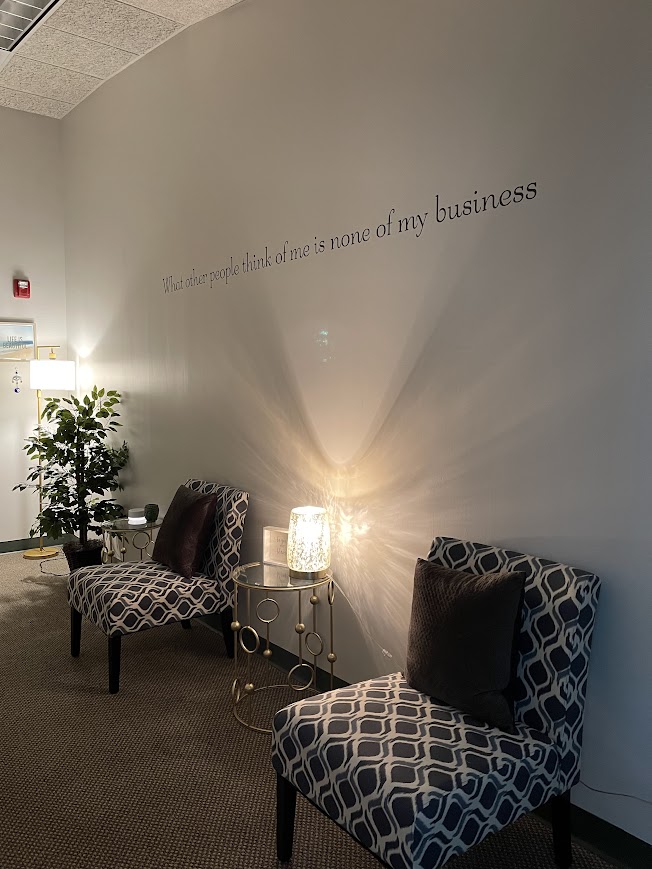
Okay, so before we go we always love to ask if you are looking for folks to partner or collaborate with?
Collaboration Opportunities with Dr. Danelle Devi Hollenbeck
The Trauma and Anxiety Center of Tampa Bay
Yes, I’m actively seeking collaborative partnerships with fellow professionals who share my passion for trauma-informed care and evidence-based therapeutic approaches. As someone dedicated to helping individuals overcome trauma, anxiety, and relationship challenges, I believe strongly in the power of professional collaboration to enhance client outcomes and advance our field.
Who I’m Looking to Collaborate With
I’m particularly interested in connecting with:
1. EMDR and Trauma-Focused Practitioners
As an EMDR-trained therapist specializing in trauma recovery, I welcome opportunities to collaborate with colleagues who share this focus. Whether you’re interested in case consultation, developing specialized treatment protocols, or creating resources for trauma survivors, I’d love to connect.
2. Couples Therapy Specialists
As someone known for couples therapy work (described as “The Happy Couples Expert” in my professional circles), I’m interested in partnering with other relationship specialists who use evidence-based approaches like the Gottman Method. If you specialize in helping couples rebuild trust, improve communication, or recover from relationship trauma, we might have complementary expertise to share.
3. Mental Health Educators and Trainers
Having worked in both the US and UK mental health systems, I value cross-cultural perspectives on therapeutic approaches. If you’re involved in professional training, continuing education, or developing resources for therapists, I see great potential for collaboration in creating training materials or workshops focused on trauma recovery and relationship healing.
4. Research Collaborators
For those engaged in clinical research related to trauma treatment effectiveness, anxiety interventions, or relationship therapy outcomes, I’m open to participating in research initiatives that can advance our understanding of what works best for different client populations.
5. Jewish Community Support Initiatives
I’m deeply committed to supporting the Jewish community through mental health initiatives, trauma-informed resources, and specialized support. If you work with Jewish organizations, synagogues, or community centers, I welcome opportunities to collaborate on programs that address the unique needs of this community.
6. Instagram Collaboration Opportunities
I’m actively expanding my social media presence to promote mental health awareness and provide support to both the broader community and specifically the Jewish community. You can find and connect with me on Instagram at danelle_lmhc where I focus on:
Creating and sharing evidence-based mental health content
Raising awareness about trauma recovery approaches
Providing resources for anxiety management and depression
Couples therapy
Offering support specific to the Jewish community
Collaborating with fellow mental health professionals
I’m also open to select product promotion opportunities with Instagram influencers whose products align with mental health wellness, trauma recovery, couples therapy, and therapeutic support. If you have a product that genuinely benefits those on their mental health journey, please reach out with information about your product and how it supports mental wellness.
How to Connect:
If you’re reading this and interested in exploring collaborative opportunities, here are the best ways to reach me:
Practice Contact: You can reach The Trauma & Anxiety Center of Tampa Bay in Clearwater, FL at 727.330.1213
Professional Networking: Connect with me on LinkedIn, where my professional profile is maintained
Instagram: Follow and message me at danelle_lmhc for social media collaborations
When reaching out, please include a brief description of your professional background, areas of expertise, and specific collaboration ideas you have in mind. I’m particularly interested in partnerships that prioritize evidence-based practice, trauma-informed care, and client-centered approaches.
I look forward to connecting with like-minded professionals who share my commitment to helping individuals heal from trauma and build healthier relationships. Together, we can enhance our effectiveness and expand our impact in the mental health community.
Contact Info:
- Website: https://www.traumaandanxietycenteroftampa.com
- Instagram: danelle_lmhc
- Facebook: https://www.facebook.com/traumandanxietycenteroftampa
- Linkedin: https://www.linkedin.com/in/dr-danelle-devi-hollenbeck-psyd-lmhc-4b24ba60/
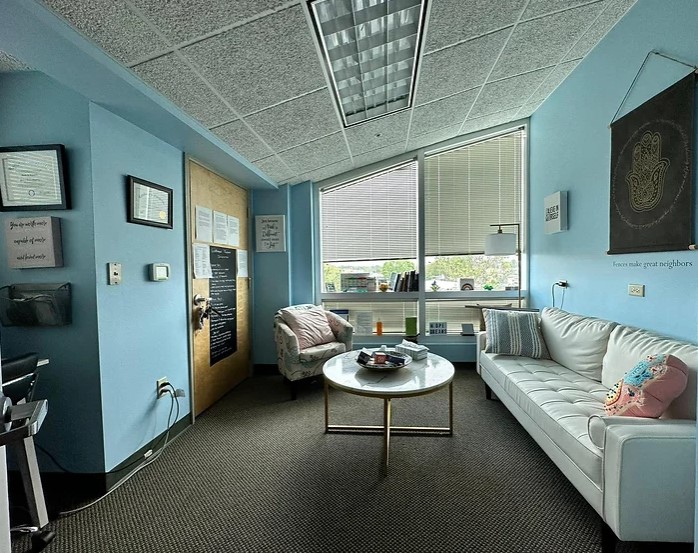
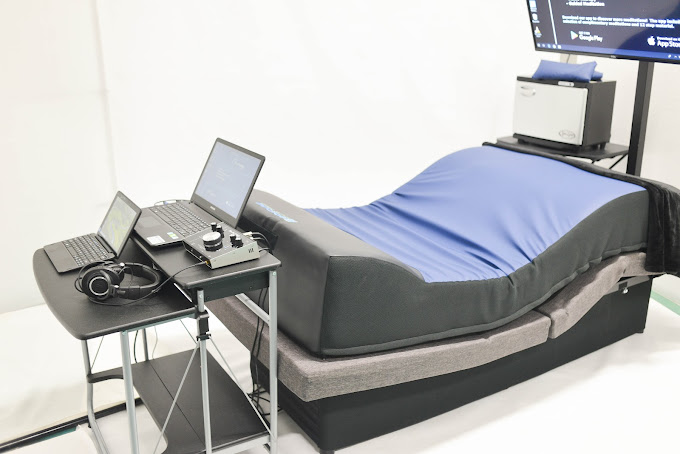
so if you or someone you know deserves recognition please let us know here.


